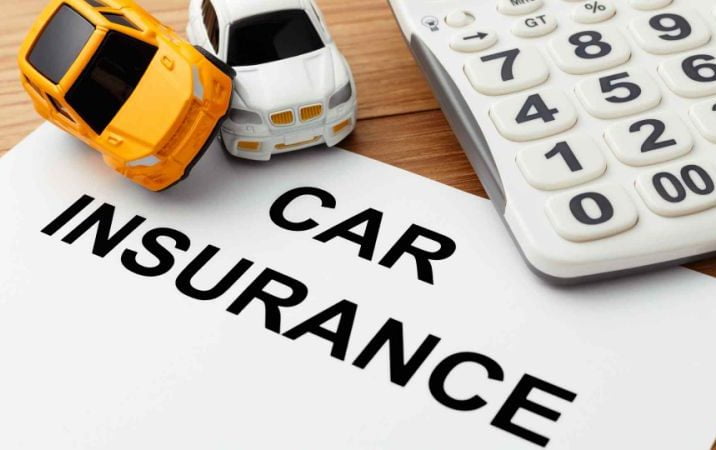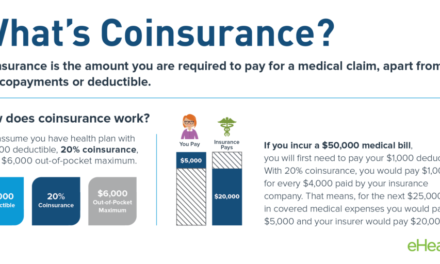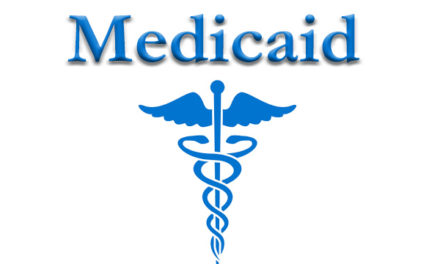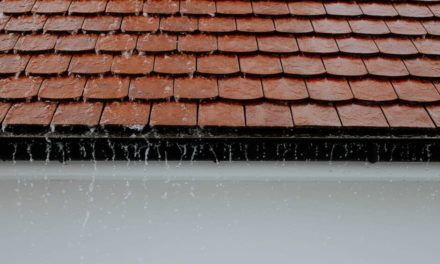Once one files a car insurance claim, they usually expect the rate to increase. The same case applies to a change in one’s driving record, especially when it is not for the better. However, despite having a good driving record and not filing a claim, your insurer may still consider raising your auto insurance rates. So, what are these reasons, and is there something you can do about the situation? That’s a good question, and as usual, we have the answers you seek. So, let’s get started on why auto insurance rates increase after a renewal despite . Read on!
-
Your Credit Score
It turns out that your credit score could be responsible for increasing your car insurance rates. That’s because most insurance providers consider the figure when determining your premiums. Various factors can affect your credit score and consequently raise your insurance rates. For instance, do you have credit cards or loans? Besides the credit types, what’s your credit history? Once your credit score decreases, the car insurance rates will most likely go up for sure.
Fortunately, there is something that can be done to fix the increase. Simply improve the credit score and see the premiums go down. Do so by reducing your balances and paying the credit cards on time.
-
Your Discount Lapsing
Besides a good driving record, other things earn you discounts when dealing with auto insurance rates. An excellent example is a multi-policy discount. If that changes, the discount goes away, which means paying high rates. Other changes that could see your rates increase include no longer owning a home and going paperless. Again, you will note that it has nothing to do with a bad driving record. In addition to that, it also doesn’t involve filing a claim.
-
Your Coverage History
If you stay uninsured for a while, expect that period to cost you high insurance rates. That’s regardless of whether you want to purchase a new one or reinstate the one you had before the lapse of your cover.
-
Your Age
If you were 59 when applying for your cover last year hence turn 60 before renewing your plan, expect your auto insurance rates to go up after a renewal. After all, most insurance providers consider you high-risk once you turn that age. As a matter of fact, your risk is at par with that of a teen driver from an insurer’s perspective and risk assessment. This factor doesn’t lead to an increase in premiums all the time because some states and insurance providers often offer senior discounts.
-
Relocating
It is important to note that moving from one state to another dictates purchasing a new policy. Whereas that may not be the case when relocating within the same state, its impact on your auto insurance rates is indisputable. So, if you move from one location to another, don’t be surprised if your auto insurance rates become higher than they used to be back in your old zip code. As a matter of fact, changing the garaging address of your vehicle could also bring out the difference. That’s especially if the insurance provider believes that the new garage or area is less safe than the previous one.
-
Claims around Your Residence
When it comes to auto insurance, what’s happening to your neighbors could also affect your rates. For instance, if people around your area file many claims related to weather, accident, or theft, it could mean bad news to every car owner living there. That’s because the insurance providers consider this residence high-risk, which always translates to high premiums. Regardless of whether you have claimed any compensation or not, you will be affected.
-
Comprehensive Claims
This term used in the insurance industry refers to claims related to incidents beyond your control. Excellent examples are vandalism and theft. No one plans for such incidents, but it goes without saying that you will file a claim when they happen. The case is no different if you hit an animal or request demand related to glass breakage, fire, hail, or weather. These things could happen despite driving carefully.
-
Adding Drivers
If you add an extra driver to your current auto insurance plan, expect the rates to go high too. How high it gets depends on a few things. The first one is the number of drivers that you add. The more the drivers, the higher the premium rates for obvious reasons. Equally important, the characteristics of the added driver also matter. If the driver is a teen, the auto insurance rates will be higher than that of an experienced driver. The same case applies if the track record of the new driver leaves a lot to be desired.
-
Changing Your Car
It is no secret that premium cars mean paying high insurance premiums. Therefore, if you changed your car to a more premium one, that’s why auto insurance rates increased from your end. It is understandable since it costs a lot to replace or repair it if stolen or damaged.
Final Words: Why Auto Insurance Rates Increase
It is interesting how most factors determining whether the car insurance rates rise or not are way beyond the vehicle owner’s control. On one side, some situations are avoidable. An excellent example is ensuring that your credit score remains high. However, it is also clear that maintaining a high credit score and good driving record isn’t sufficient. You may find yourself paying higher insurance rates despite that. So, this article isn’t advisory in any way.
On the contrary, it is informative. Its objective is to ensure that you don’t get surprised if your auto insurance rates increase all of a sudden. The reason may be beyond you, no doubt. Now that you understand why auto insurance rates increase handling your premiums becomes easier. Something else worth mentioning is that FindMyQuotes is there to help you make better choices when purchasing a car insurance cover.











Recent Comments